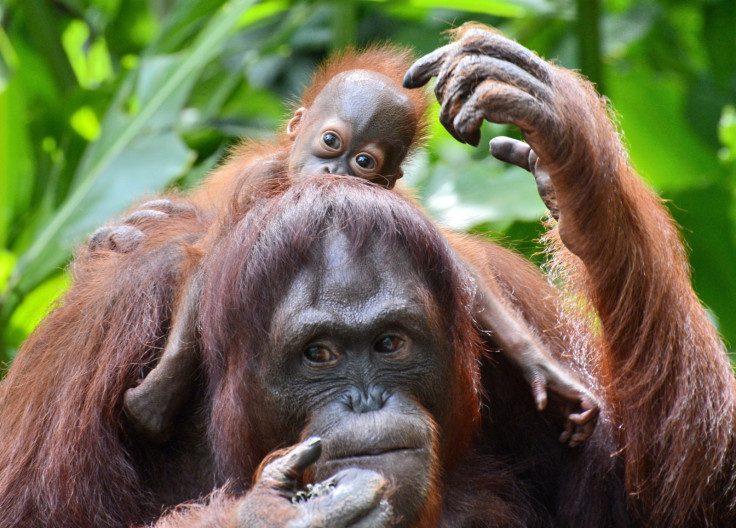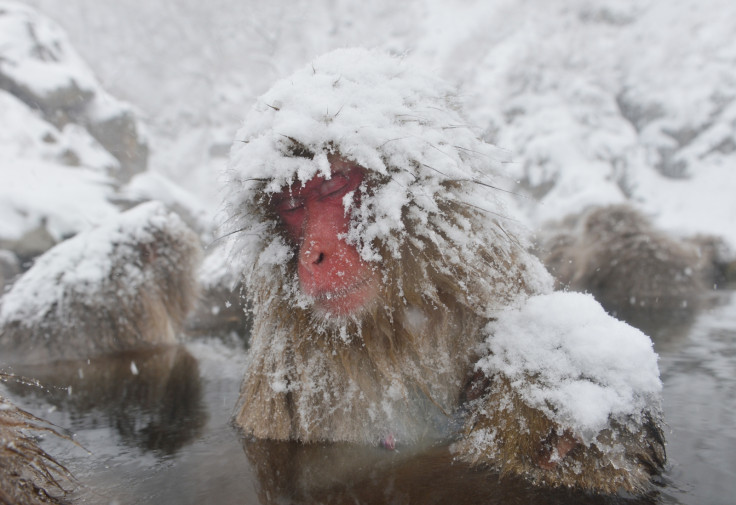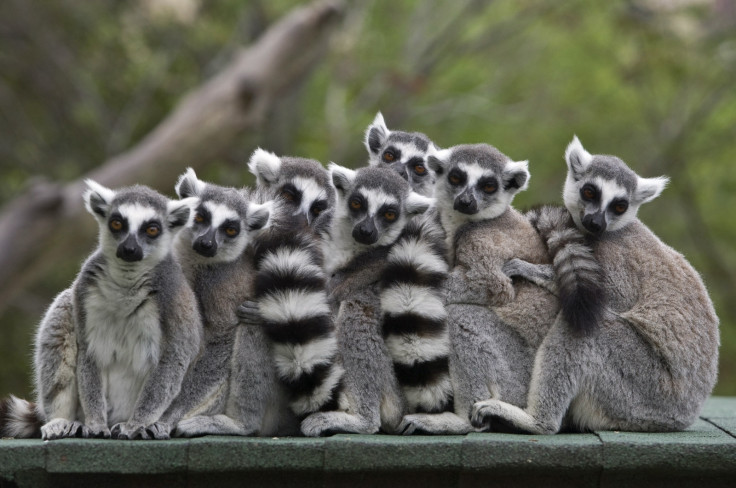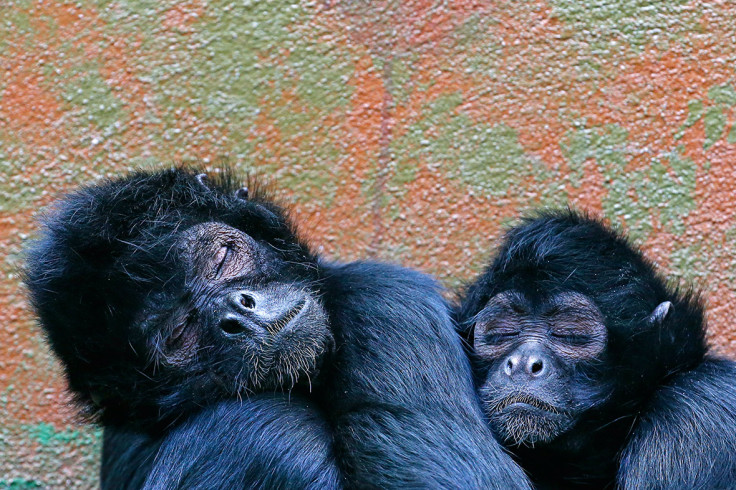International Primate Day 2014: Threats to Endangered Species and Calls to End Testing on Monkeys

Today marks International Primate Day, dedicated to the preservation and protection of the animals. It was founded in 2005 by Animal Defenders International (ADI) and is held annually on 1 September.
The day is used by campaigners globally to highlight the many threats to primates. This year, ADI has called for an end to testing on monkeys for disease research.
Jan Creamer, president of the charity, said: "On International Primate Day, we want people to remember that these monkeys suffering in laboratories are some of our closest relatives in the animal kingdom. When they are torn from the wild and their families, when they are caged, when they are strapped down and experimented on, they suffer as you and I would.
"Five years ago, following an ADI campaign, the majority of members of the European Parliament signed a declaration calling for a timetable to end all primate experiments. We need that call to be acted on across the world now."

At Risk of Extinction
The International Union for Conservation of Nature (IUCN) lists more than a third of primates as critically endangered or vulnerable.
Poaching is a huge problem and primates with a larger body size are at increased risk of extinction, due to their profitability to poachers compared with smaller primates. They also reach sexual maturity later and have a longer period between births.
Primate populations are also dwindling due to the pet trade, and they are hunted for bushmeat in some African states.
Madagascar, which is home to five endemic primate families, has experienced the greatest losses in recent history. Since humans settled in the area 1,500 years ago, around 15 of the larger species have become extinct due to habitat destruction and hunting.

Medical research
Non-human primates are not protected in law by the United Nations Universal Declaration of Human Rights and by all governments to varying degrees, meaning their interests have no formal recognition of protection.
According to ADI, in the US alone over 70,000 monkeys are experimented on each year, while over 2,000 undergo testing in the UK. With the exception of Air France, all major passenger airlines have ceased their involvement in transporting the animals for testing.
The Great Ape Project argues that gorillas, orangutans, chimpanzees and bonobos should be given limited legal status, which would protect their right to live, the protection of individual liberty and the prohibition of torture. In 2008, Spain became the first country to extend the rights of great apes under these proposals.

Most of the primates used in medical research are one of three species of macaques, accounting for 79% of all primates in UK research and 63% of all federally-funded research grants for projects using primates in the US.
The ADI argues that in the US, smallpox research recently undertaken on macaque monkeys was unethical and unnecessary, as the disease was declared as eradicated in 1980. Eighteen of the animals were taken from the US Army Medical Research Institute of Infectious Disease in Maryland to Georgia, where they were injected with the smallpox virus.
They were given either a placebo or the test substance. Those who survived the experiment, supported by the Defense Threat Reduction Agency (DTRA), were killed after 28 days. The placebo group suffered an average of 1,500 skin lesions, lost up to 13% of their body weight and three suffered hypothermia.
© Copyright IBTimes 2025. All rights reserved.





















